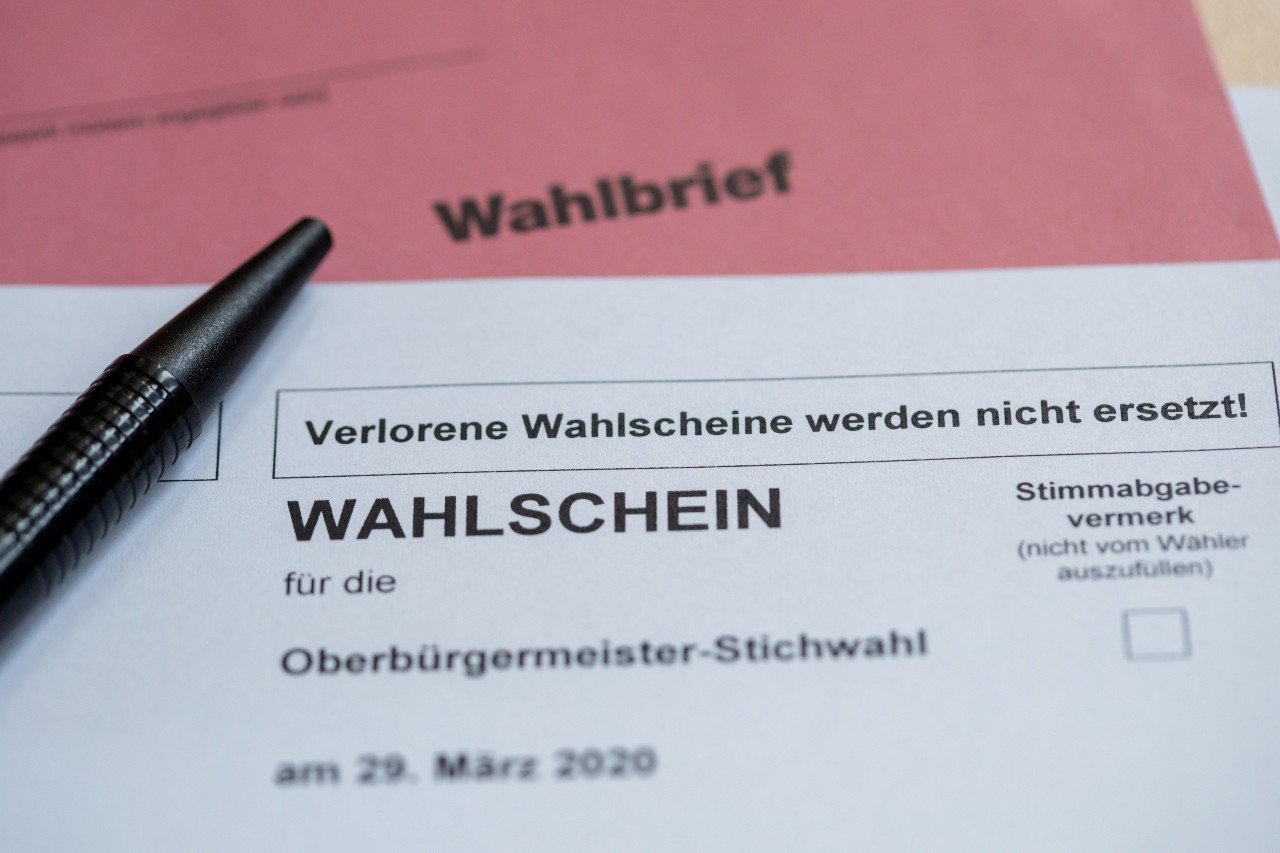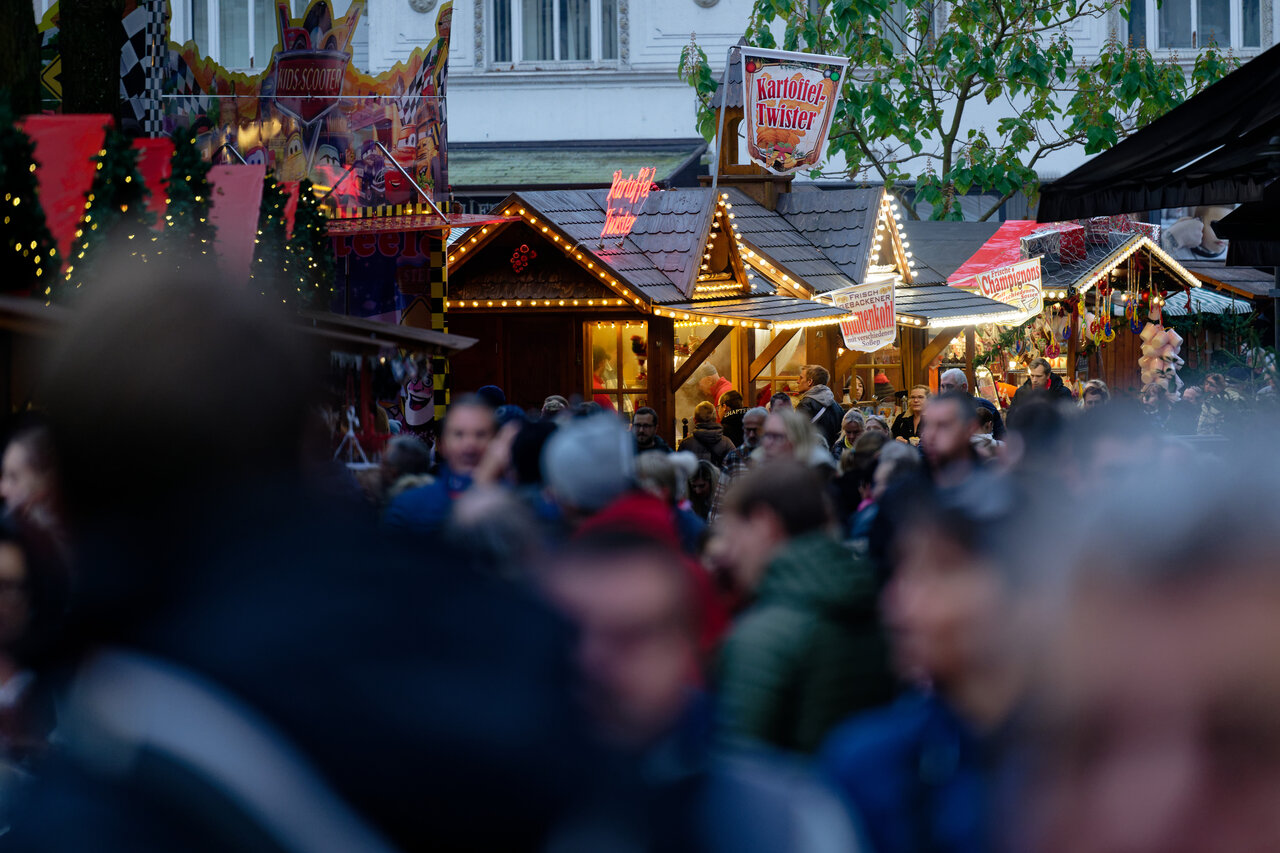Inside Germany is our weekly look at some of the news, talking points and gossip in Germany that you might've missed. It’s published each Saturday and members can receive it directly to their inbox by going to their newsletter preferences or adding their email to the sign-up box in this article.
The path to new elections in Germany
And we are off. After the breakdown of the coalition government, a timetable has finally been set for snap elections to be held.
Several politicians were pushing for the vote to happen in January, but a deal was reached between parties and the scheduled date to get in your diary is February 23rd.
But there are a few other dates you might want to keep an eye out for before then:
- Chancellor Olaf Scholz (SPD) has scheduled a motion for the Bundestag to express confidence in him - in the expectation that it will fail. This is to take place December 16th
- The Bundestag - German parliament - decides on this motion 48 hours later
- Under German rules, the chancellor will then ask President Frank-Walter Steinmeier to dissolve the parliament
- Steinmeier will have 21 days to dissolve the Bundestag and is expected to do that on December 27th
- When the president dissolves the Bundestag, he also sets the date for a new election. According to Article 39 of Germany's Basic Law - or constitution - this must take place within 60 days of the dissolution of the Bundestag.
- The president usually follows the recommendation of parties for the election date. So Germans will go to the polls on February 23rd, 2025
The elections are being held seven months ahead of the original Bundestagswahl (federal election) date of September 28th next year.
READ ALSO: What happens next as Germany heads for snap elections?

We've been asking readers to share their thoughts on the early election.
A few people who've responded have told us that on a personal level they feel a bit sad and frustrated that they're not able to vote in an early election because they're still waiting for their German citizenship applications to be processed.
One person said: "I was hoping to get the citizenship before the next elections and finally be able to vote. Now that seems highly unlikely."
Others who are voting for the first time since getting citizenship have been sharing their thoughts, too. One respondent told us: "It's a pity because it's happening in the winter time and much sooner than expected. Not much time for the parties to campaign and really get their plans out. Nevertheless, I'm looking forward to this first time experience."
We'll publish the full article on this survey next week.
READ ALSO: How can new citizens vote in the German election?
'Tis the season for winter markets
I know it's perhaps a tiny bit too early to mention the 'C' word but (in a whisper)...some Christmas markets in Germany are already open.
If it makes you feel more comfortable, you can call them winter markets. Arguably, these outdoor markets, whether sprawling or compact, make Germany one of the best places to be in Europe during November and December.
You get to cosy up in a hat, scarf and gloves - with several layers of clothing on under your coat - and drink Glühwein while browsing cute stalls.

I noticed this week that the market at Potsdamer Platz in Berlin is already open and was buzzing on a weekday evening.
Some of my neighbours have also stared putting up twinkly lights on their balconies. Perhaps it's not too early for festive cheer after all. When you live somewhere this dark (and probably soon to be very cold), you have to take the light where you can get it.
Eastern German state set for public holiday
Those of you living in Saxony will have to remember to stock up on all the essentials before the next public holiday.
Residents living there will get a day off work for Buß- and Bettag (Day of Prayer and Repentance), which is on November 20th.
And because it's an official Feiertag (public holiday) shops, businesses and schools will be closed.
In Bavaria a special rule is applied. It is not an official public holiday so shops are open and people usually have to work. But children and young people do not have to go to school or nursery. For teachers, the day is free of lessons, but they still have to work.
In several states the day is marked as a 'silent day'. For this reason, there is apparently a ban on dancing in Bavaria, Baden-Württemberg, Saxony, Saxony-Anhalt and Saarland, according to German media reports.
The religious holiday always falls on the Wednesday before Ewigkeitssonntag (Eternity Sunday), also called Totensonntag, a day for commemorating the dead.

Comments